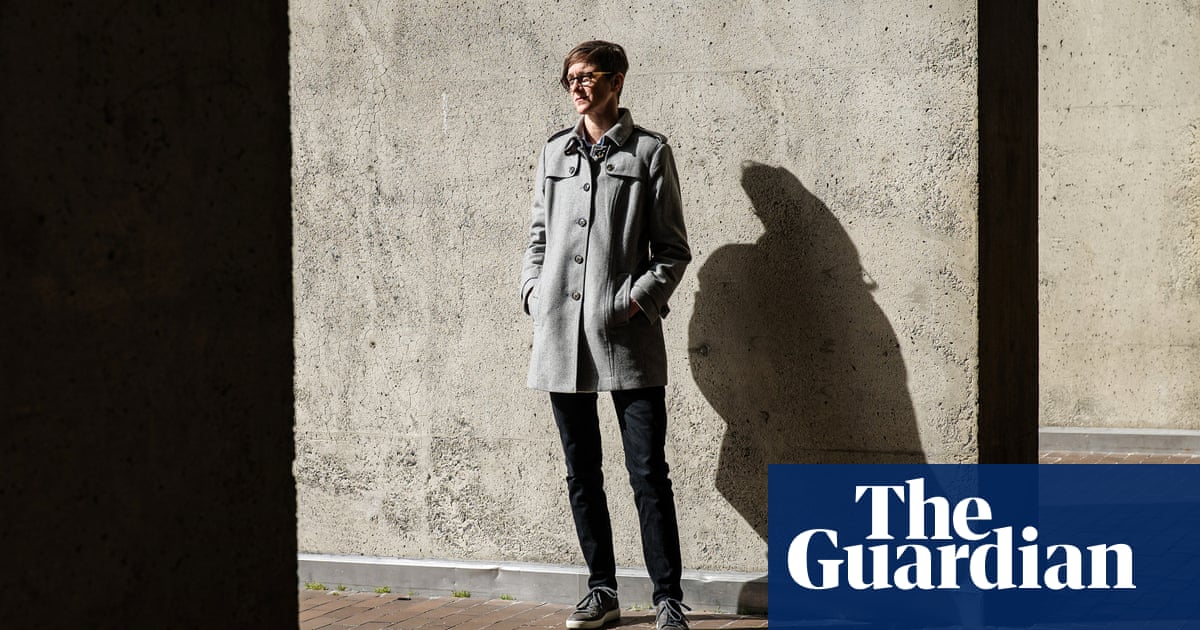Kate Starbird says attacks have made research difficult, and claims of bias arise because of prevalence of lies from the right
A key researcher in the fight against election misinformation – who herself became the subject of an intensive misinformation campaign – has said her field gets accused of “bias” precisely because it’s now mainly rightwingers who spread the worst lies.
Kate Starbird, co-founder of the University of Washington’s Center for an Informed Public, added that she feared that the entirely false story of rigged elections has now “sunk in” for many Americans on the right. “The idea that they’re already going to the polls with the belief that they’re being cheated means they’ll misinterpret everything they see through that lens,” she said.
Starbird’s group partnered with Stanford Internet Observatory on the Election Integrity Partnership ahead of the 2020 elections – a campaign during which a flood of misinformation swirled around the internet, with daily claims of unproven voter fraud.
Starbird and her team helped document that flood, and in return congressional Republicans and conservative attorneys attacked her research, alleging it amounted to censorship and violated the first amendment.



This is the best summary I could come up with:
Starbird and her team helped document that flood, and in return congressional Republicans and conservative attorneys attacked her research, alleging it amounted to censorship and violated the first amendment.
Jim Jordan, chair of the House judiciary committee, served as the ringleader of this effort in Congress, using his power to investigate groups and researchers that work to counter misinformation, particularly as it related to elections and Covid-19.
A federal lawsuit from the attorneys general of Missouri and Louisiana alleges that the Biden administration violated the first amendment by colluding with social media companies to censor and suppress speech.
The pressure campaign has chilled misinformation research just ahead of the pivotal 2024 presidential election, as some academics switch what they focus on and others figure out ways to better explain their work to a mixed audience.
Her work was included in Jordan’s investigation, her emails were sought by the Louisiana and Missouri attorneys general, she was sued in another lawsuit brought by Stephen Miller’s America First Legal, and she and the center have been inundated by records requests.
Widespread misinformation shared by rightwing politicians and activists since the 2020 election culminated in the January 6 insurrection, which was motivated by false claims of electoral fraud, almost all of which have been thrown out of court.
The original article contains 1,197 words, the summary contains 214 words. Saved 82%. I’m a bot and I’m open source!